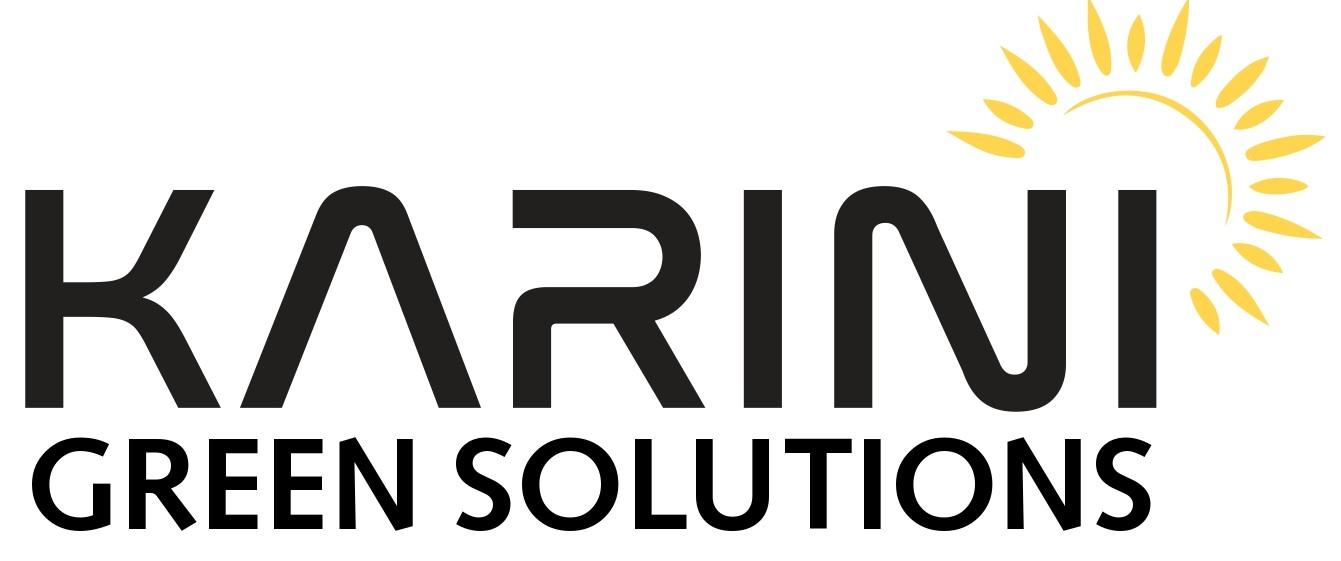Smart Solutions Sector
Digital transformation is now an integral part of daily life, rapidly entering every sector, including the energy sector. As more and more end-use sectors adopt digital technologies, the impact on energy efficiency becomes crucial.
The transportation sector has transformed into a smarter and more connected infrastructure, with new solutions like automation and ride-sharing that help reduce energy consumption by half.
Smart structures have proven that digital transformation can reduce energy consumption by about 15% by using real-time data to optimize operational efficiency. Smart lighting systems and thermostats use predictive technology to anticipate user needs and create a connected system where energy waste is minimized.
The largest industries that could benefit from adopting smart technologies are energy suppliers. Using smart technologies such as smart sensors and data analytics, it not only reduces production costs but also helps predict equipment failure, thus improving worker health and safety.
At the 11th Iraq Energy Expo & Conference for (Electricity – Oil – Gas – Renewable Energy), discover how smart solutions help save millions of dollars in the long run and how they have now become a key enabler in the transition to a low-carbon energy system.
The national manufacturing initiative, currently being implemented by the Ministry, was launched when the Ministry of Electricity's pavilion was opened at the Baghdad International Fair in December 2014. This initiative showcases the spare materials required by the Ministry for its three sectors, aiming to increase local production and strengthen the national economy, in addition to reviving the Iraqi industrial sector (both public and private) and supporting its production lines.
The Ministry has signed six batches of national manufacturing contracts to supply spare tools at prices up to 45% lower than imported ones, saving the Ministry approximately 60 billion dinars.
Under the Patronage of



Organizers


Platinum Sponsors






Gold Sponsors









Silver Sponsors










Tech Sponsor

Egyptian Pavilion

Decor Company
